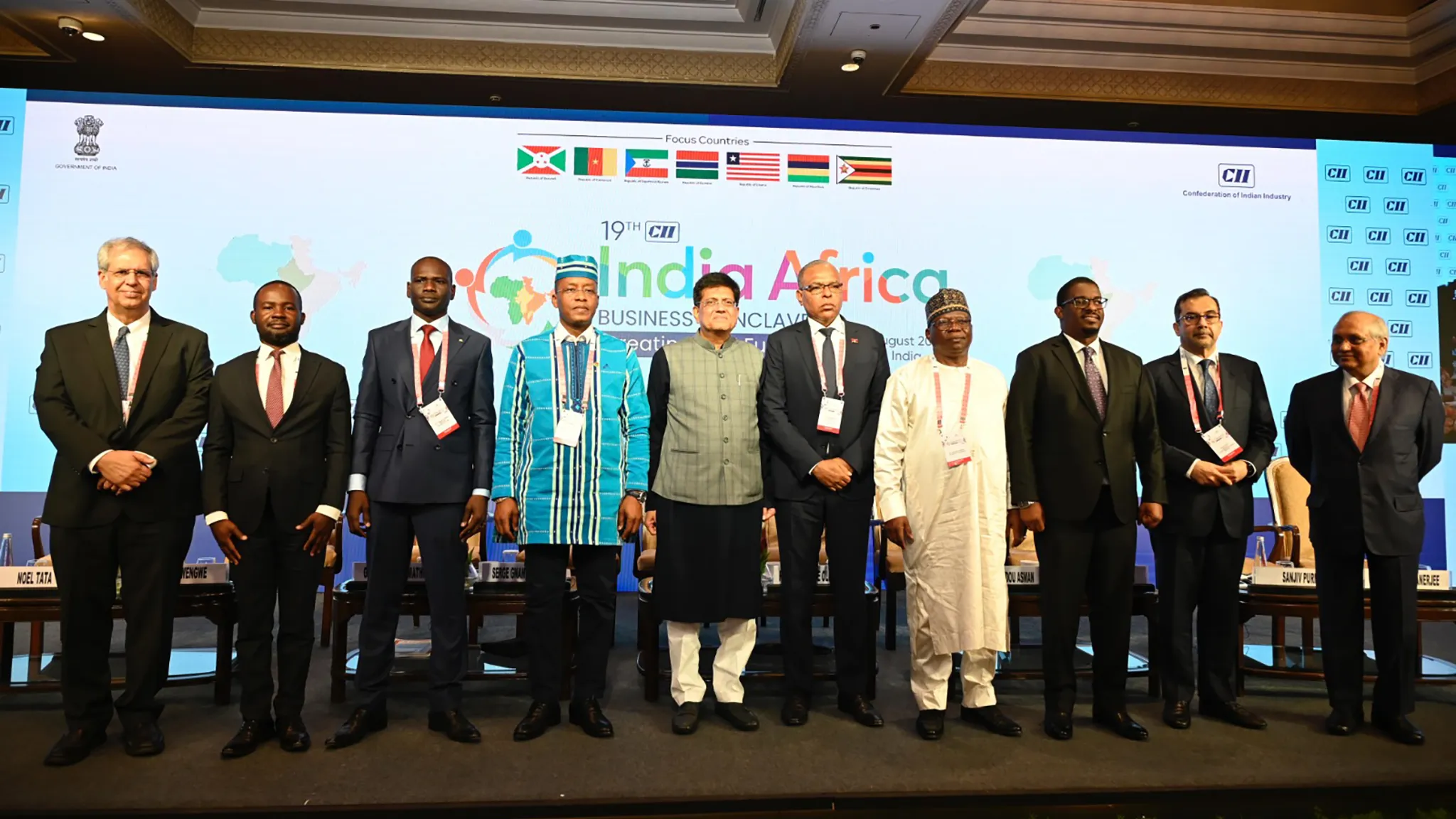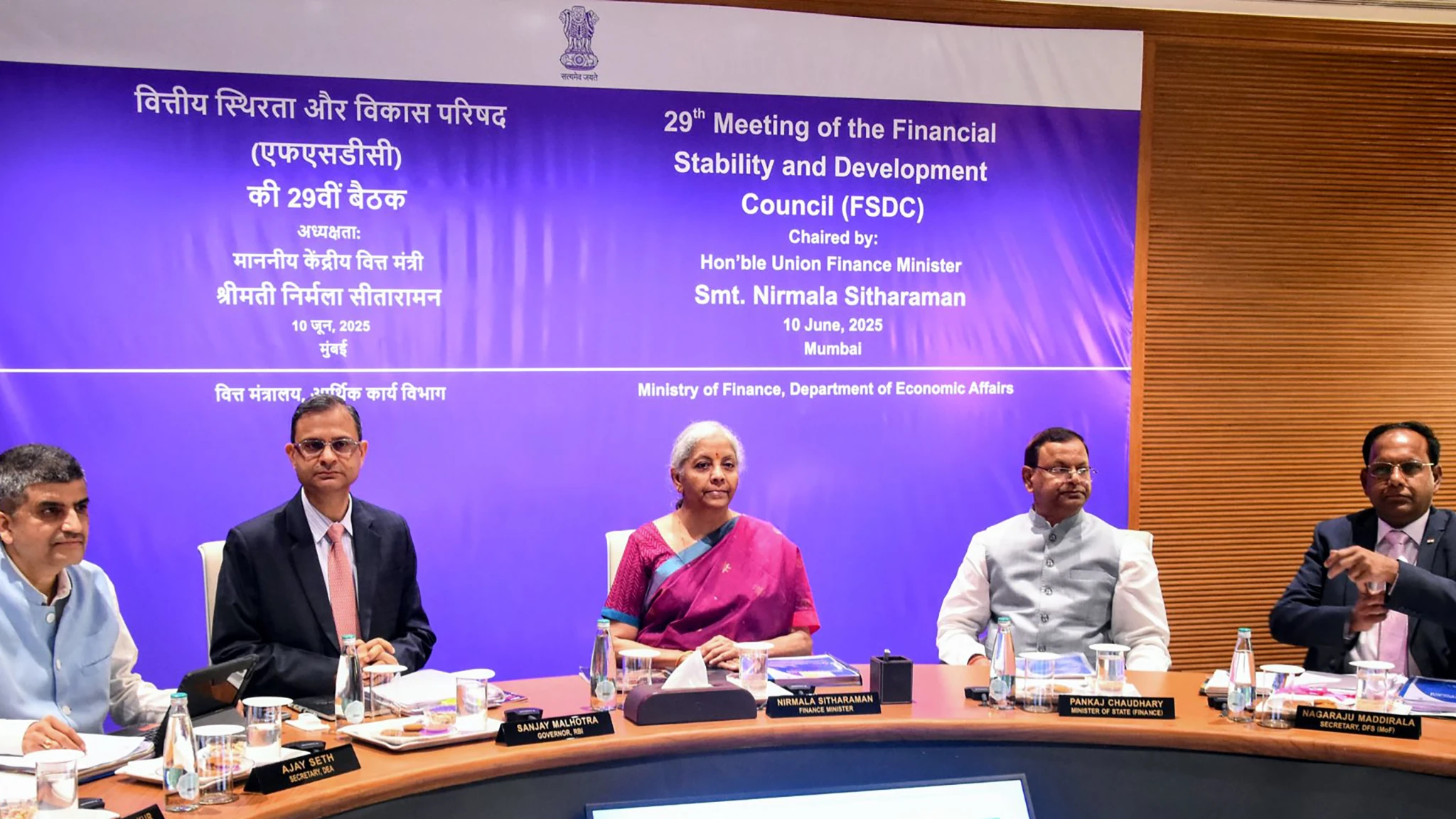African Markets Display Vigour
Recent reports indicate a promising phase for African financial markets. The Absa Africa Financial Markets Index, which evaluates 29 African nations, reveals that over four-fifths of these countries have shown improvements in market accessibility and depth. This progress signals a period of opportunity rather than just respite for the continent. Botswana’s stock market, for instance, has seen a dramatic rise, reaching 255% of its GDP, a significant jump from 140% the previous year. This robust performance across the continent is attracting investor attention and highlighting the growing maturity of African economies.
India Bridges the Finance Gap
Parallelly, Indian financial institutions are playing a pivotal role in bolstering trade and economic activity in Africa. State Bank of India (SBI) and India Exim Bank are actively working to fill the trade finance gap in Africa. By providing essential credit lines and trade loans, these institutions are empowering businesses and facilitating cross-border commerce. SBI’s long-term investment and retained earnings in South Africa over 27 years have solidified India’s financial footprint in the region. India Exim Bank’s extensive operations across 31 African countries further underscore India’s commitment to enhancing economic partnerships with the continent. This collaboration is particularly beneficial for smaller African corporates who gain access to crucial financing, fostering their growth and development.
Opportunities and Challenges Ahead
While the African financial landscape is becoming increasingly attractive, challenges persist. External debt remains a significant concern for many nations, with the IMF identifying 18 countries facing debt distress. Additionally, several large African economies are grappling with foreign exchange shortages and external pressures. Climate change also presents a considerable threat, with African nations already experiencing severe impacts and GDP losses. However, there are bright spots. Several countries like Côte d’Ivoire, Benin, Kenya, and Senegal have successfully accessed international markets, raising $5.7 billion through Eurobonds in the first half of 2024. Furthermore, nations like Rwanda and Zambia are taking proactive steps in climate risk management, integrating climate considerations into financial frameworks and conducting stress tests. These efforts, combined with robust capital market structures and a growing focus on ESG principles, are expected to channel capital flows into the continent in the coming years.
For India, this presents a significant opportunity to deepen its economic ties with Africa. As African markets mature and become more accessible, Indian businesses and investors can find fertile ground for growth. The collaboration between Indian financial institutions and African nations is not just about bridging financial gaps but also about building long-term, mutually beneficial partnerships that can drive sustainable economic development across the continent.
What does this mean for Indo-African relations? Expect to see increased collaboration and investment flows between India and Africa, driven by the continent’s growing financial vigour and India’s proactive role in facilitating trade and development. This partnership holds the key to unlocking significant economic potential for both regions in the years to come.
Image Courtesy: X (Piyush Goyal Office)










Leave a Reply